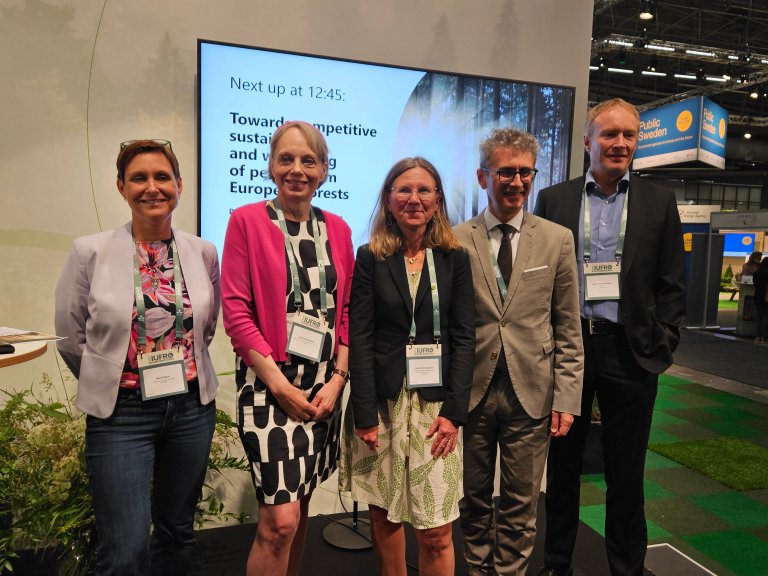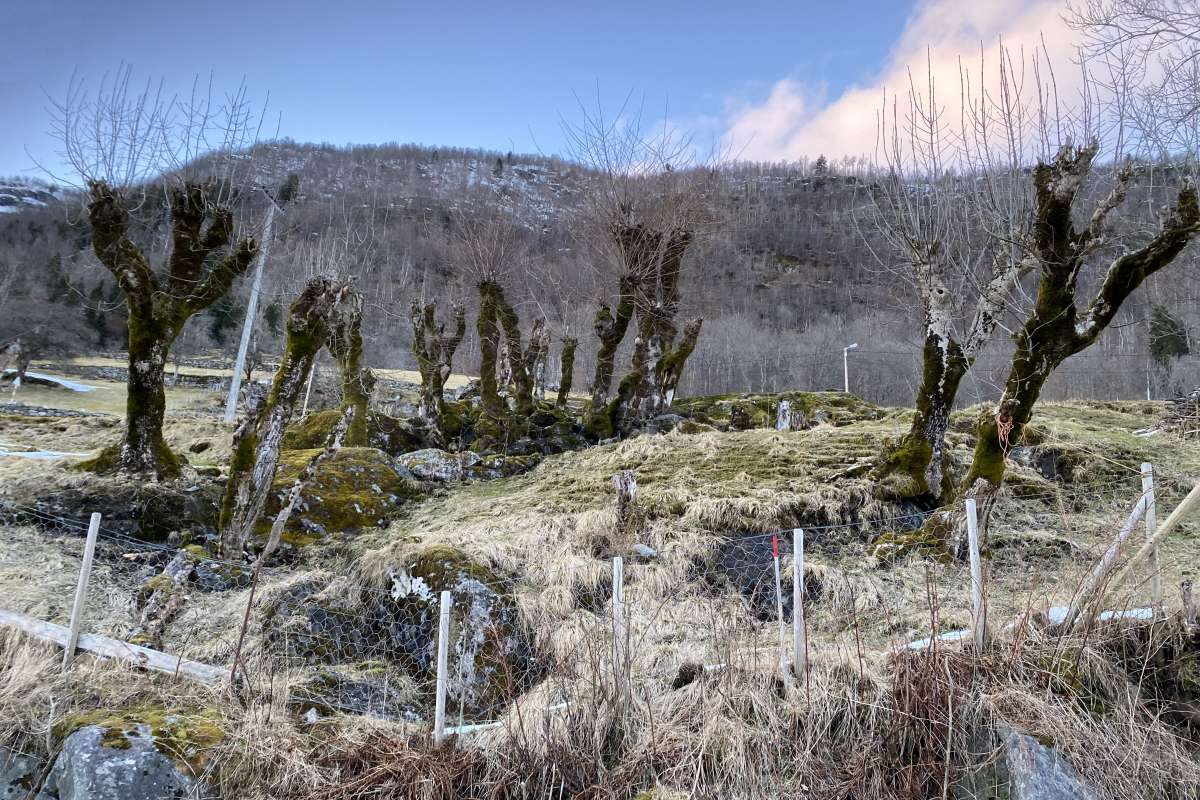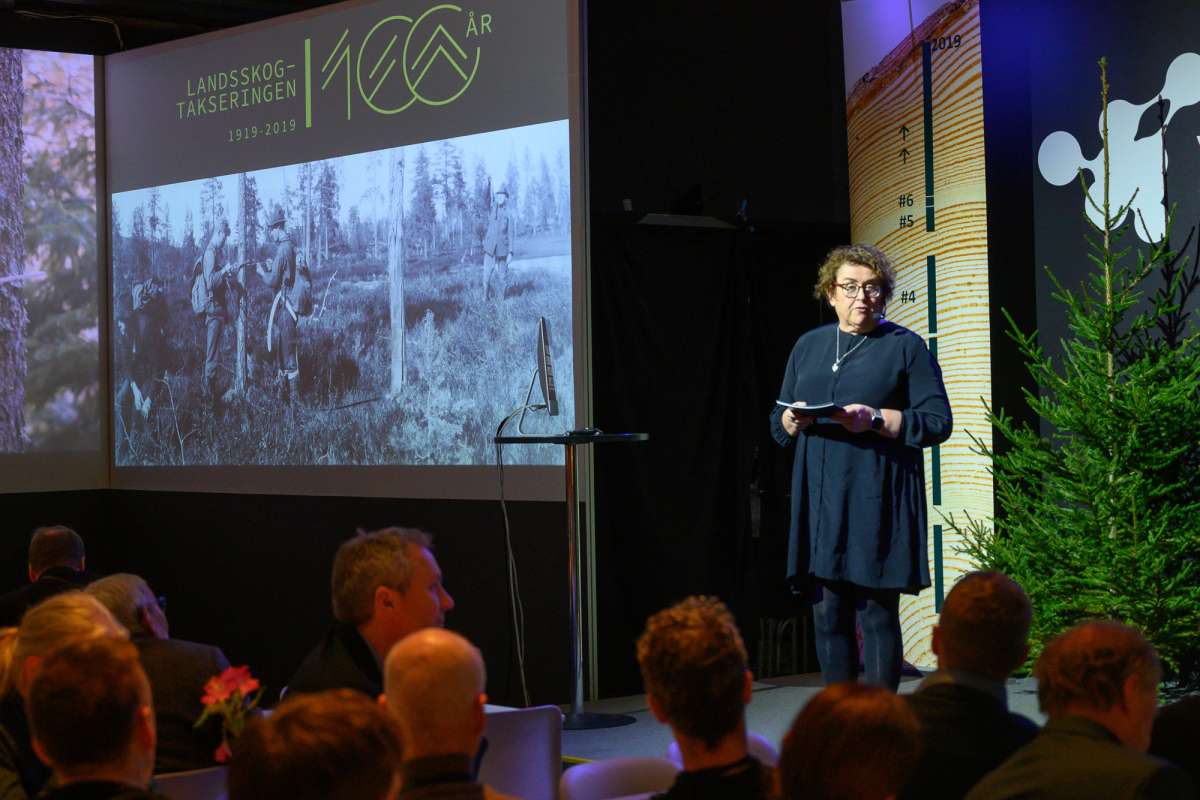Research institutes highlight the importance of forests for the prosperity and competitiveness of Europe

Europe can get much more from its forests, say five European forest research institutes. Photo: Morten Günther
Europe can get much more from its forests, say five European forest research institutes. For this, Europe needs to build innovative industrial systems that can rely on sustainable sourcing from European forests. Furthermore, Europeans need healthy and resilient forests and the services they provide. Research evidence is essential to develop forest management systems that function in a changing environment.
Sustainable and resilient forest-based bioeconomy provides biobased products and energy, addressing the dual challenges of biodiversity preservation and climate change mitigation. Sustainably sourced forests are Europe’s strength. While Europe has the potential to develop its sustainable competitiveness through forest-based value chains, European policies must support this goal to reduce the dependencies on, for example, economic developments in China and the USA.
Europe’s leading forest research institutes see that the time for action in now. “It is crucial that the upcoming EU Bioeconomy Strategy delineates specific research objectives tailored for the forest-based sector to guide this transformation”, says Johanna Buchert, CEO and President of the Natural Resources Institute Finland (Luke). The five institutes; the Austrian Research Centre for Forestry, the Forestry Research Institute of Sweden, the Norwegian Institute of Bioeconomy Research, and the Slovenian Forestry Institute, together with Luke, are giving policy recommendations that address the changes needed.

Competitive European bioeconomy is based on sustainable forest management and its products
Europe must anticipate the increased demand for forest-based materials coming from Europe’s forests when substituting CO2 intensive fossil materials. At the same time, there is a need to develop value chains for higher value-added products from forest biomass.
“Research can help to understand the big picture, the impacts of many policies, and to guide the forest management practices. It is also clear that many new innovations are needed to extract more value from forests”, says Charlotte Bengtsson, Executive Director from the Forestry Research Institute of Sweden.
Healthy and resilient forests are key to maintaining ecosystem services and the people’s well-being
Forests are under stress as the environmental conditions change. Therefore, research needs to provide the basis for understanding the cause-and-effect relations, for example why climate change is causing forest growth to decline in Europe. In addition, it is essential to develop models to predict future growth trends and identify management strategies for all forest related services.
“Forests are invaluable, providing both market and non-market benefits that affect our well-being. Therefore, research evidence is crucial for future-oriented forest-related policy decisions that enable us to shape a sustainable future for our societies. As a member of the For Forest Group, I therefore highly welcome the collaboration of its research institutes,” says Norbert Totschnig, Austrian Minister for Agriculture, Forestry, Regions and Water Management.
In general, Europe's forests are affected by numerous EU level policies, both recent and future. The combined impacts of these policies on forests and the forest-based bioeconomy need to be assessed, and target conflicts and trade-offs highlighted by research.
A variety of multifunctional forest management approaches is needed for Europe
One approach or management system alone is not enough to meet the many hopes and demands placed on forests. The forest institutes emphasise the need for region-specific, multifunctional management strategies and active forest management based on the respective research results.
The applied approaches must effectively respond to current and anticipated future demands of wood and ecosystem services. It is also crucial to keep in mind regional forest ownership structures and traditions and to continue refining region-specific ways to utilise forest resources.
“Further implementing research-based multi-functional forest management strategies significantly increases our ability to achieve environmental, economic, and social objectives in Europe,” concludes Nike Krajnc, Institute Director from the Slovenian Forestry Institute.
Contacts






